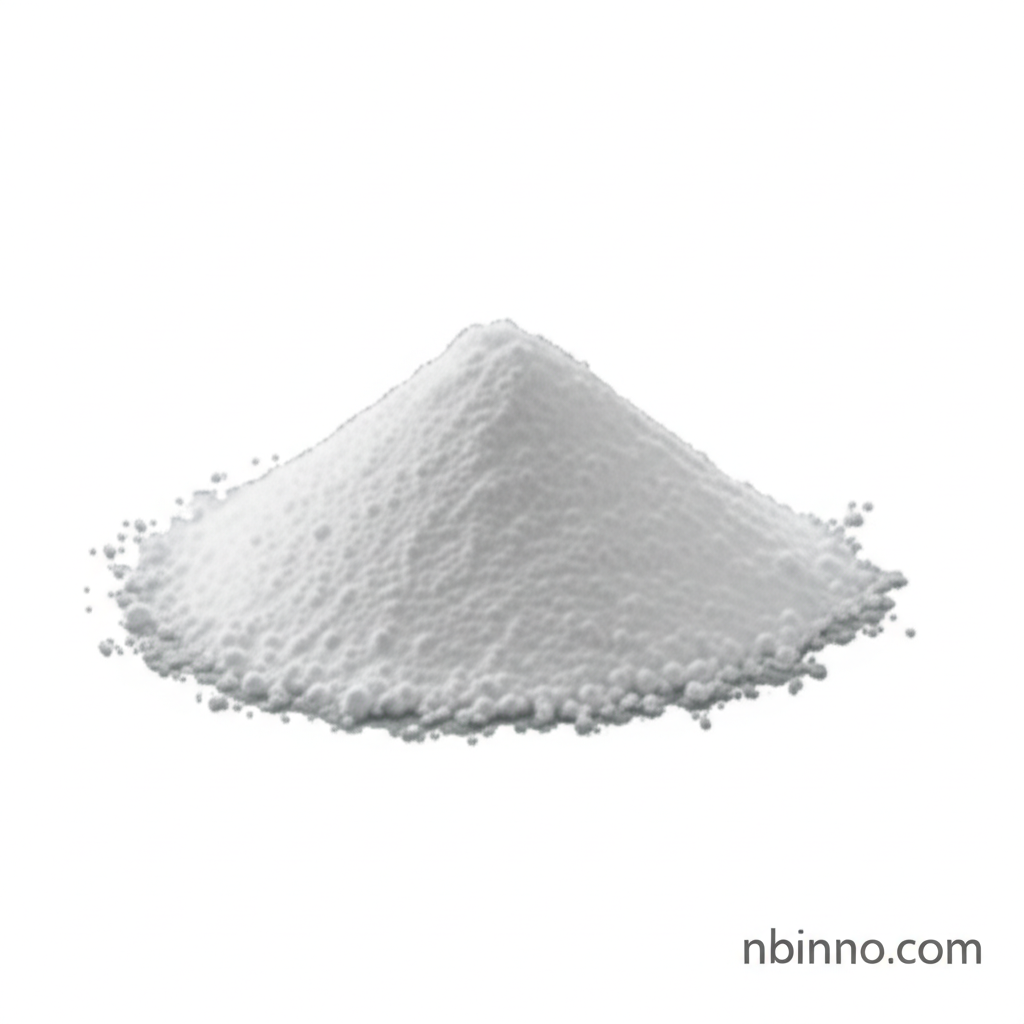Mastering the Wittig Reaction with Methyltriphenylphosphonium Bromide
Unlock precise alkene synthesis with this essential Wittig reagent.
Get a Quote & SampleProduct Core Value

Methyltriphenylphosphonium Bromide
Methyltriphenylphosphonium bromide is a cornerstone reagent in organic synthesis, predominantly recognized for its indispensable role in the Wittig reaction. This compound enables the precise conversion of aldehydes and ketones into alkenes, a critical transformation for building complex organic molecules.
- Enabling Aldehyde to Alkene Conversion: This reagent is vital for the direct transformation of carbonyl compounds into alkenes, a key step in many synthetic pathways.
- Facilitating Organic Synthesis: As a core component in the Wittig reaction, it allows chemists to construct carbon-carbon double bonds with high specificity.
- Wittig Reagent Applications: Its primary use is in forming phosphorus ylides, the active species in the Wittig reaction, facilitating the generation of desired alkene products.
- Overcoming Steric Challenges: While some Wittig reactions can be affected by steric hindrance, understanding reaction conditions can optimize outcomes even with challenging substrates.
Key Advantages
Precise Alkene Synthesis
The Wittig reaction using methyltriphenylphosphonium bromide allows for the precise formation of alkenes, fixing the position of the double bond in comparison to other methods like alcohol dehydration.
Functional Group Tolerance
This reagent generally tolerates a wide array of functional groups within carbonyl compounds, making it versatile for complex molecule synthesis and supporting organic synthesis reagents strategies.
Stereochemical Control
While achieving specific stereochemistry (Z or E isomers) can require specific conditions or modifications, the Wittig reaction offers pathways to influence the outcome of alkene formation, crucial for stereochemistry of Wittig reaction studies.
Key Applications
Wittig Reaction
This is the primary application, where the reagent is used to create carbon-carbon double bonds by reacting with aldehydes and ketones to form alkenes and triphenylphosphine oxide.
Organic Synthesis
Serves as a fundamental tool for chemists in constructing new carbon frameworks and introducing specific functionalities into molecules, supporting various organic synthesis techniques.
Phase Transfer Catalysis
In certain contexts, phosphonium salts like this can act as phase transfer catalysts, facilitating reactions between immiscible phases.
Chemical Intermediates
Acts as a precursor for generating phosphorus ylides, which are essential intermediates for further chemical transformations.
